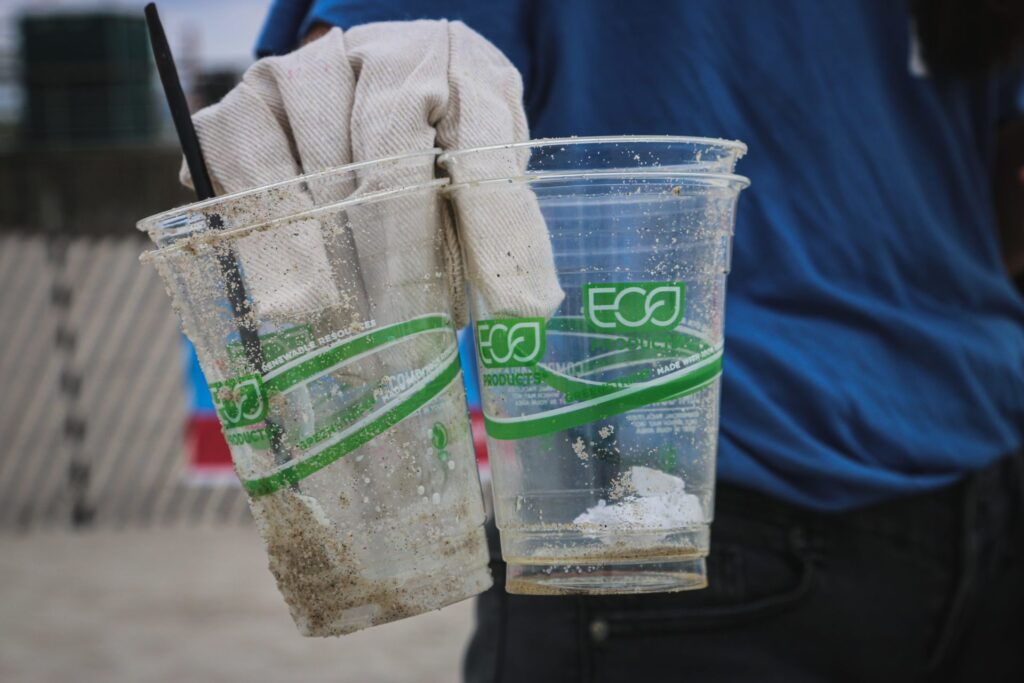
What is Greenwashing and how can companies avoid it?
‘Companies really need to be held accountable when they greenwash,’ expert says
by Alyssa Sporrer FreightWaves.com
When a company makes a claim about its environmental or social practices that is not true, that’s called greenwashing. Companies that do this are often seeking customer or investor support or approval, especially if they are under pressure to reduce emissions.
One example of greenwashing in the transportation industry is Volkswagen. The company advertised its vehicles as low-emission, eco-friendly vehicles when they were in fact violating Clean Air Act levels of nitrogen oxides, which are air pollutants that harm human health.
The company sold approximately 590,000 model 2009 to 2016 vehicles equipped with devices designed to help the vehicles’ software “cheat on federal emissions tests,” according to the Environmental Protection Agency.
Some trucking companies may be using electric truck pilots as a way to “display some sort of green credential but not really to lay the foundation for broader scale implementation,” Tharsis Teoh, technical manager at the Smart Freight Centre, told FreightWaves.
This could be considered greenwashing if the company is drawing a lot of attention to an EV pilot for five-plus years and isn’t doing much to reduce emissions companywide.
“Companies really need to be held accountable when they greenwash,” Maya van Rossum, founder of the Green Amendment For The Generations Movement, told FreightWaves. She said there are sometimes legal ramifications for misleading customers about sustainability claims, but it’s difficult when companies make general claims that are hard to prove false.
Teoh said his opinion is that greenwashing in trucking “isn’t really severe,” but he prefaced the statement by saying it was just based on observations and not on industrywide data.
He said it’s typical that a vehicle may have “zero-emissions vehicle” or “100% electric refrigeration” displayed on the side of a battery electric truck or a truck using a battery instead of a generator tied to a diesel engine for refrigeration. Teoh said, “I doubt they get very far in misleading claims.”
However, he said using the term “zero-emissions vehicle” for electric or fuel cell vehicles is inaccurate, “unless the upstream emissions to produce the electricity or hydrogen also do not produce emissions.”
Until the electricity grid runs on 100% renewable energy, more correct terms may be “zero tailpipe emissions vehicle” or “almost zero-emissions vehicle.”
Another area that needs greater clarification is biofuels. Teoh said companies need to be transparent about what kind of biofuels they use and what level of biofuel blend it is. The more biofuel there is mixed in with conventional fuel, the greater the emissions benefits.
The greenhouse gas emissions of biofuel also vary greatly depending on the feedstocks used and where they were sourced from. Teoh said it’s important that trucking companies find out and disclose that specific information to their customers or the public.
Read the full article HERE.
Photo Credit: Brian Yurasits




